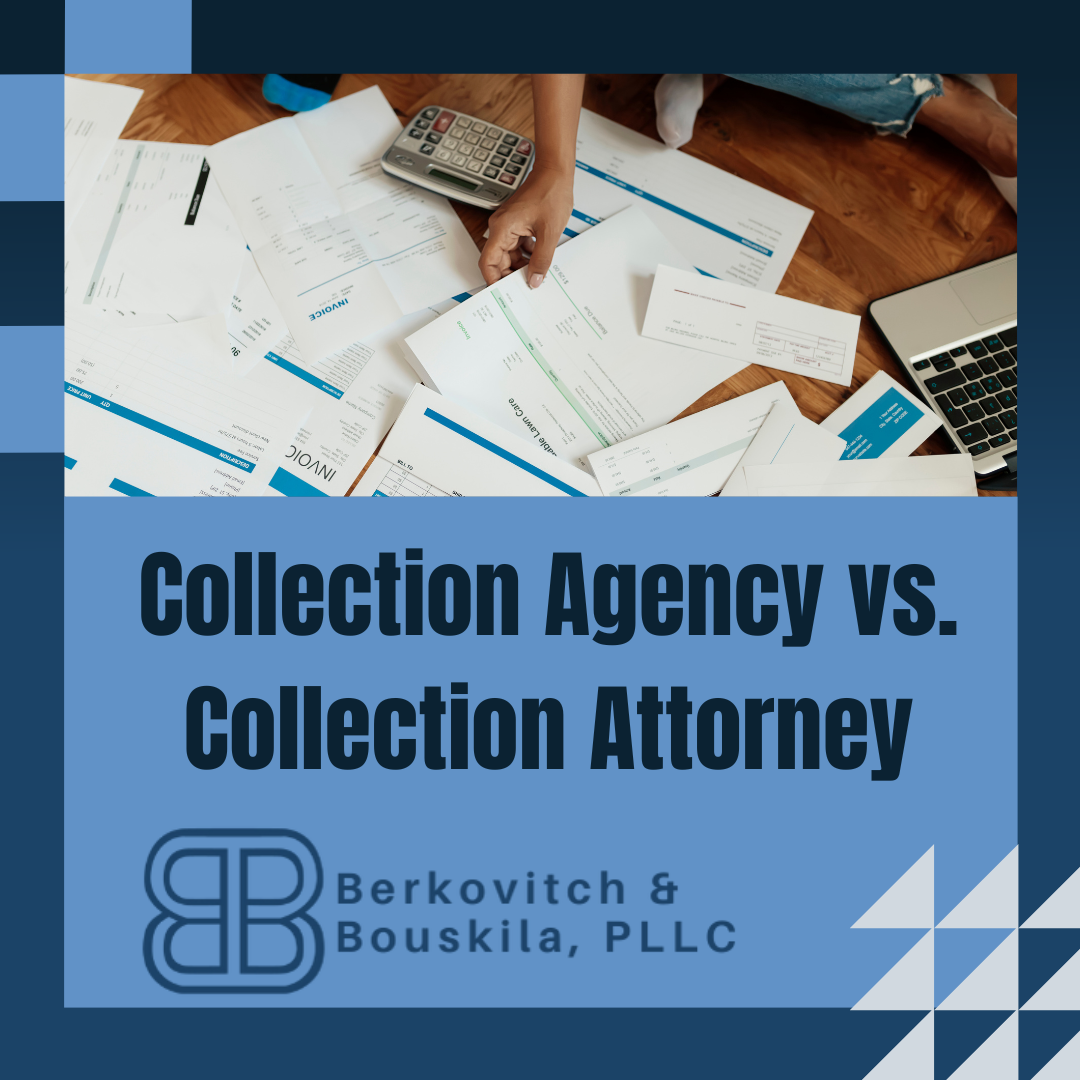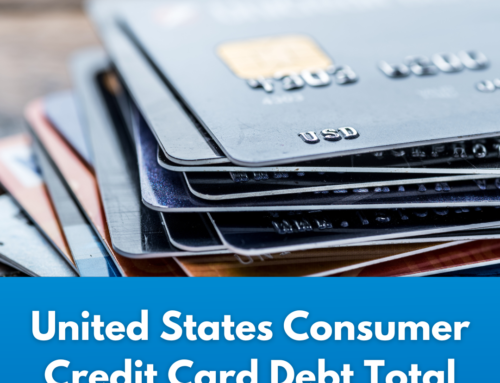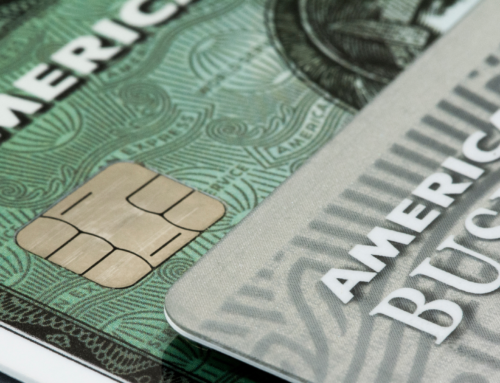If you are a business owner, you already understand the difficulties one might face when collecting payment from a client. This is especially true if you are in an industry where your service is rendered prior to collecting full payment. In these situations, when a client is not paying in full, you essentially have three options. Pursue collections on your own. Hire a collection agency. Or call a collections attorney.
Unless you run a very small business – it is unlikely that you have the time to chase down payments for 5-10 invoices each month. Unfortunately, if you don’t, these unpaid invoices will pile up. Leaving you with one of the other two options. A collection agency or a collections attorney.
What Is A Collection Agency
Hiring a debt collector agency requires a lot of research on the end of the business looking to collect unpaid funds.
There are a few important things you need to examine before even considering using a collection agency.
Are They Qualified?
There is not much that needs to be done for a business to call itself a collection agency.
Before you make any deals with a collection agency make sure you do the leg work to ensure they have not only the proper credentials but also great reviews from previous clients who can attest to their work and professionalism.
Be sure to check the Better Business Bureau and the Commercial Collection Agency Association for any additional reviews or complaints that may exist about the company.
As a rule of thumb, you should not trust an agency for collections that does not have over 10 years of reputable service.
Are They Insured?
One of the most avoidable losses for businesses in the collections process is to lose a collections battle because your collection agency used overly aggressive tactics.
This happens from time to time. But you want to make sure it’s not your company that is in trouble.
Be sure to ask ahead of time that the agency has all the proper paperwork and insurance.
Ask How They Collect Payment
Generally, it comes down to two main forms of payment with a collection agency.
1. Payment On Collection
With payment on collection businesses pay a percentage per invoice that is collected.
Generally, this amount is somewhere between 25%-50% of the original amount of the invoice.
This is a safer approach for the debt collection agency and while a slower process, usually yields a higher return for the business than selling their debt in it’s entirety.
2. Purchase Of Debts
The most hands-off approach to collecting your unpaid debts would be to sell all of your unpaid debt to an agency.
This removes the responsibility and the debt away from the business, but as a business owner if you choose this route you can expect to receive a fraction of the original amount you were owed.
For example, selling $100k in debt to a debt collection agency may only yield your business $10k-$20k. Once the debt is sold, the debt collection agency has full ownership of the debt and can make as much or as little as they are able.
What Is A Debt Collection Attorney?
Most debt collection agencies can not do much without hiring a debt collection attorney to file the legal paperwork to make any motions.
Calling a debt collection attorney instead of a debt agency is essentially cutting out the middleman.
Don’t waste your time going through a debt agency.
Call BBLaw today and go straight to the source and get your unpaid debts collected now!







Leave A Comment